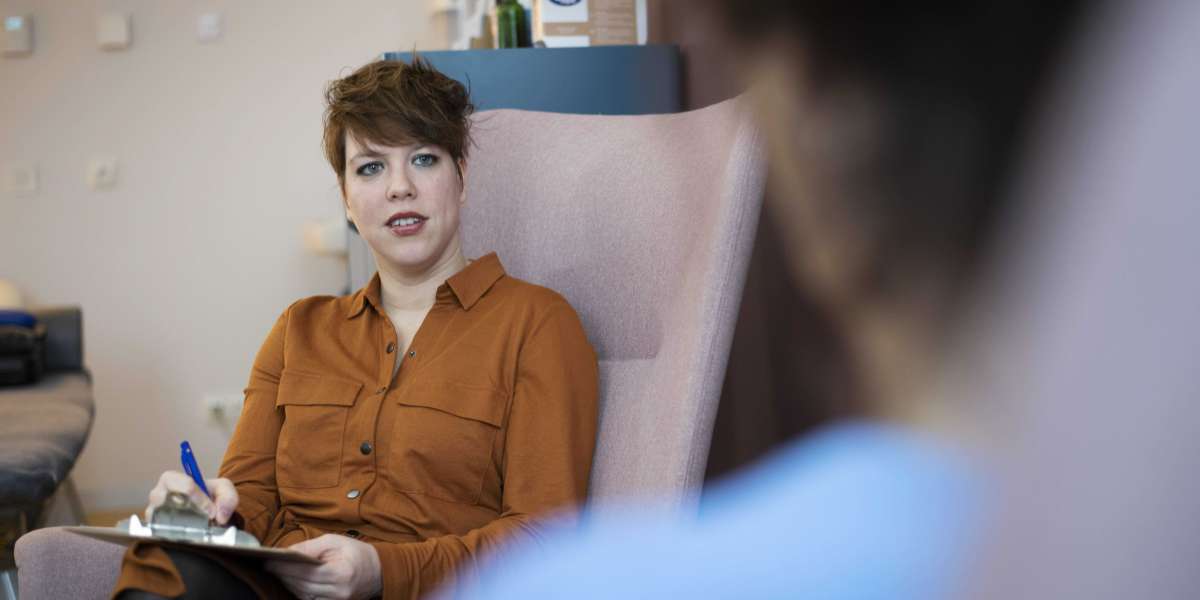In today's fast-paced world, the significance of a good night's sleep cannot be overstated. Sleep monitoring has emerged as a crucial tool in the healthcare industry, offering insights into sleep patterns and helping to diagnose various sleep disorders. This article delves into the importance of sleep monitors, their benefits, and how they are revolutionizing patient care.

What is a Sleep Monitor?
A sleep monitor is a device designed to track and analyze an individual's sleep patterns. These devices can measure various parameters such as heart rate, breathing, and movement to provide a comprehensive overview of one's sleep quality. But why is this important?
Benefits of Sleep Monitoring
Sleep monitoring offers numerous benefits, particularly in the healthcare sector. Here are some key advantages:
- Early Detection of Sleep Disorders: Sleep monitors can help identify conditions like sleep apnea, insomnia, and restless leg syndrome early, allowing for timely intervention.
- Improved Patient Care: By understanding a patient's sleep patterns, healthcare providers can tailor treatments and recommendations to improve overall health outcomes.
- Enhanced Research: Sleep data collected from monitors can contribute to research on sleep disorders and their impact on health.
How Do Sleep Monitors Work?
Sleep monitors utilize various sensors to track physiological parameters. For instance, the Sleep Monitor 123 uses advanced sensors to measure heart rate, breathing patterns, and movement. This data is then analyzed to provide insights into sleep stages and overall sleep quality.

"Sleep monitoring is not just about tracking sleep; it's about understanding and improving overall health." - Dr. Jane Doe, Sleep Specialist
Applications in Healthcare
Sleep monitors have a wide range of applications in the healthcare industry. They are used in:
- Sleep Clinics: To diagnose and treat sleep disorders.
- Hospitals: To monitor patients' sleep patterns during recovery.
- Home Care: To provide continuous monitoring for patients with chronic conditions.
Challenges and Future Directions
While sleep monitors offer numerous benefits, they also face challenges such as data accuracy and user compliance. However, advancements in technology are continually improving these devices. The future of sleep monitoring looks promising, with potential integrations with other health monitoring systems to provide a holistic view of patient health.
Conclusion
In conclusion, sleep monitoring is a vital component of modern healthcare. By providing detailed insights into sleep patterns, sleep monitors help in the early detection of sleep disorders, improve patient care, and contribute to valuable research. As technology advances, the role of sleep monitors in healthcare is set to become even more significant.
For more information, watch this video on sleep monitoring.








